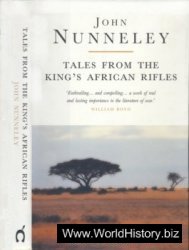Batista had begun his political career as a dedicated defender of Cuban rights against the USA. Head of the Cuban army, he had held power legitimately as president in the early 1940s, during which time he had adopted enlightened social and economic policies to limit the privileges of the landowners and reduce poverty. But, after losing office, he had gone to live for some time in the USA. He returned to Cuba in 1952 and, rather than wait to be legally re-elected, seized power in a military coup. He then proceeded to reverse his earlier policies by embarking on repressive measures aimed at gaining the support of the island's privileged elites, such as the owners of the large sugar plantations, most of whom had strong links with business interests in the USA. Corruption, which had long been a feature of Cuba's government and in which Batista was personally involved, worsened.
It was in this context that the contacts Batista had made both officially with US government representatives and covertly with the American mafia during his years in the USA proved important. In return for dollars for the regime, Batista allowed corruption to flourish. One aspect of this was that during Batista's seven-year presidency Cuba, especially the capital Havana, became a playground for rich Americans who crossed from Florida. The Americans brought plentiful dollars to Cuba but they also brought vice. Drugs, prostitution and racketeering flourished. It was two-way traffic. The common practice was for wealthy Cubans to visit the USA for long periods and to send their children to be educated there. They copied American ways and fashions and in doing so tended to detach themselves even further from their poorer Cuban compatriots.
Hugh Thomas, a celebrated British authority on Cuba, described the corrupting effect of Batista's regime: 'Havana was a paradise if one was rich,
Liked easy women, rum drinks and flashy nightclubs and casinos. The ruling class was predominantly white and of Spanish extraction, the poor underclass was mostly black with African roots. The disparity in wealth was shocking.' During his campaign for the US presidency in 1960, John F. Kennedy declared that Batista had 'turned Democratic Cuba into a complete police state - destroying every individual liberty'.




 World History
World History









